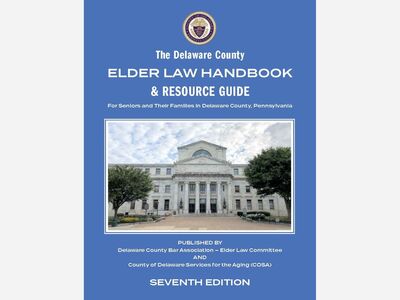Reader question- placing conditions in a Last Will and Testament
Question... my wife's father wishes to give my wife his home, with stipulations, when he dies. Those stipulations include that she may never sell it and she must pass it through the family (grandchildren, great-grandchildren, etc). Other stipulations include that his furniture must stay, and may not be moved. He also wants to stipulate that she could not bring her furniture to the house, and other things. Can he do that?
Answer: It is not illegal for him to place those stipulations in his Last Will and Testament, but the problem is there may be nobody around to enforce them. His estate will probably complete probate within a year or two after his death, and the executor excused after the final accounting. Thereafter, the executor may no longer be interested in the estate. The other beneficiaries of the estate may or may not be interested in spending large sums of money on litigation to enforce some of the conditions of the Last Will and Testament. They must also have the authority (known in the law as "standing") to bring a case.
If somebody wishes to place conditions on a gift, the typical way to do that is by having the property go into a trust and appointing a trustee to enforce the conditions. So long as the conditions are not against public policy, a court will allow them, and the trustee may enforce them. Typical conditions in a trust are that the funds only be used for the education of the beneficiaries, or that the money not be distributed until the beneficiaries reach a certain age, or upon marriage, or whatever the maker of the trust desires. Of course, there will be expenses of administering the trust... the trustee may want to be paid, tax returns must be filed, beneficiaries must be given a periodic accounting. There must also be provisions for someone to take over if the initial trustee resigns or is no longer able to perform their duty.
On occasion, someone will establish a trust to administer a vacation property. Provisions will typically be added to ensure it stays in the family and that certain family members are permitted to use it. How to successfully do this may be a topic of a future post.
It is common for a parent of a child under 18 years of age to establish a trust for the child's benefit. In most states, a child under age 18 must have a guardian and/or trustee appointed to administer funds left to them. Some Pennsylvania residents also establish a trust to care for their pets after they die. These are all topics for future posts.
So, if your wife's father wants to draft his Last Will and Testament without an attorney, and with all these stipulations, he has that right. Family members may voluntarily honor his stipulations, but there may be litigation if they do not. I personally know of estate litigation where legal fees amounted to above $100,000. It may be smarter to retain a licensed Pennsylvania attorney who will properly prepare the documents for a small fraction of that amount, and counsel your father-in-law about options and limits to stipulations. There are attorneys in Wayne Pa who advertise a simple will for $495. and trust for an additional amount typically below $1,000. That is a small amount to pay for peace of mind.
tags: legal, estate planning documents








